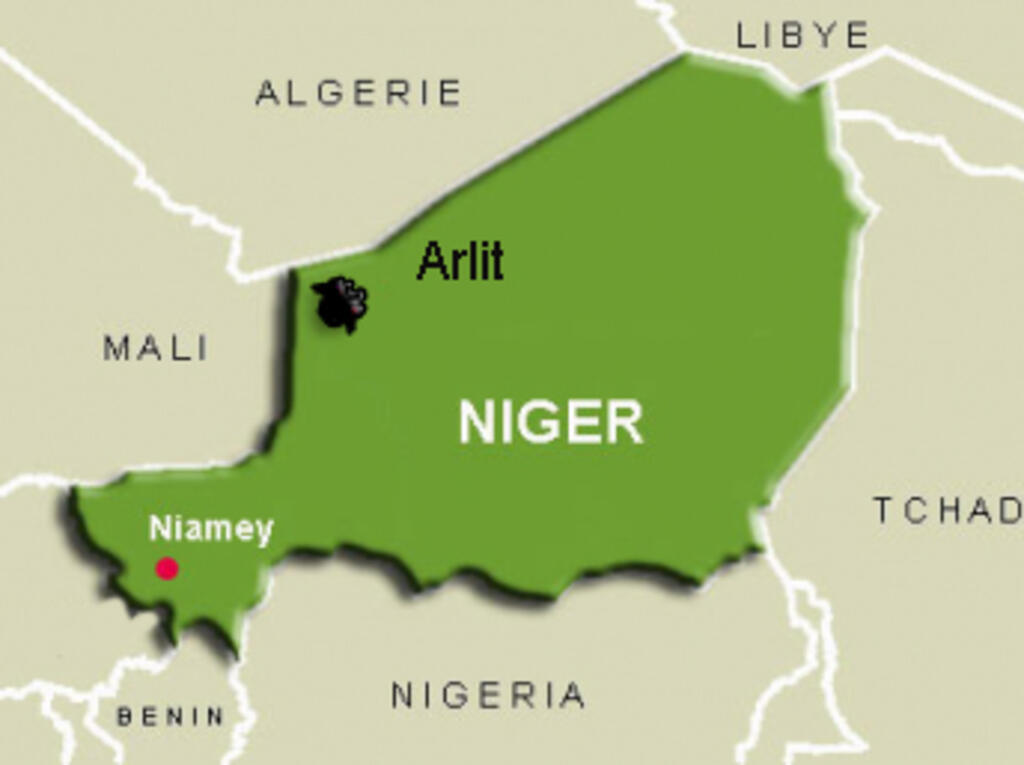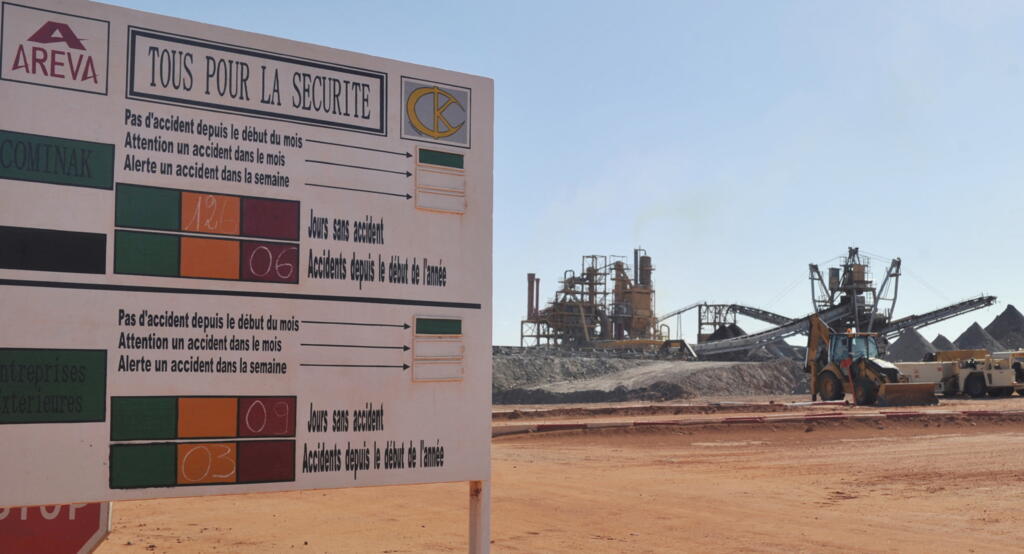
French nuclear group Orano is to stand trial in Paris over claims it failed to protect staff from a 2010 Al-Qaeda kidnapping near its uranium mine in Niger.
Fifteen years after one of France’s most harrowing hostage crises, a French court has ordered a trial for nuclear group Areva – now known as Orano – over allegations it underestimated the threat from Al-Qaeda in the Sahara.
The company is accused of failing to protect workers at its uranium mine in Niger, paving the way for a 2010 kidnapping that shocked France.
The Paris correctional court will examine charges of "involuntary injury through negligence or breach of safety obligations", according to judicial sources quoted by AFP on Sunday, confirming an earlier report by Le Parisien.
The referral order, dated 26 September, marks a new chapter in a case that has shadowed the French nuclear sector for more than a decade.
The charge relates to the kidnapping of five French nationals, a Malagash and a Togolese employee near Areva’s Arlit uranium site in northern Niger in September 2010.
All were working for the company or its subcontractors when armed men stormed their living quarters in the night of 15-16 September.
Françoise Larribe, who was unwell, was freed after five months along with her Madagascan and Togolese colleagues.
The remaining four hostages – including her husband Daniel Larribe and fellow workers Pierre Legrand, Marc Féret and Thierry Dol – endured 1,139 days in captivity before their release in October 2013.

Orano halts uranium output at Niger's Arlit mine amid financial strain
Limited scope of the trial
While the trial order covers the charge of involuntary injury, judges dismissed a series of more serious terrorism-related accusations – including "kidnapping and unlawful confinement by an organised group and complicity in a terrorist enterprise" – in line with recommendations from France’s National Anti-Terrorism Prosecutor’s Office (Pnat).
The Pnat had also requested that no trial be held on the negligence charge and has appealed the decision to proceed, filed on 2 October, according to judicial sources speaking to AFP.
Areva’s lawyer, Marion Lambert-Barret, said the group would not comment.
But for survivors, the decision to hold a trial is a long-awaited step.
“It’s unacceptable that, despite numerous warnings, Areva failed to take serious measures to protect staff on its sites,” said Olivier Morice, lawyer for ex-hostage Pierre Legrand, who filed the original complaint in 2013.
France has every reason to believe Niger hostages alive, says Defence Minister
Warnings ignored
The investigation painted a troubling picture of security at Arlit, where around a hundred expatriates lived and worked.
The residential compound was reportedly unfenced and guarded only by unarmed Tuareg contractors. No alarm system or fallback base existed in case of attack.
Despite signing a security agreement with Niger’s government – which provided police and military protection for mining facilities and staff movements – the response on the night of the abductions was sluggish.
Police and gendarmes reportedly took more than 90 minutes to reach the scene.
As early as 2008, France’s defence attaché in Niamey had warned Areva about weak site security, noting the growing reach of Al-Qaeda in the Islamic Maghreb (AQIM), which was increasingly targeting Westerners and French interests in the Sahel.

France encouraged by Niger hostage pictures
Company denies wrongdoing
During questioning in June 2022, Orano’s legal director rejected any suggestion of negligence, insisting that “the protection of employees was a priority.”
The group argued that each of its subsidiaries and subcontractors also bore responsibility for the safety of their personnel.
According to the company, its overall security framework was solid, but local implementation fell short. Investigating judges, however, concluded that the firm had seriously underestimated the risk posed by AQIM, which had escalated attacks and kidnappings since 2009.
At the time, Areva was a flagship of French industry and one of Niger’s largest employers.
Its uranium operations were central to both the French energy supply and Niger’s fragile economy – but also made the company a high-profile target in a region where state control was already crumbling.
The judicial investigation began in 2013 under France’s anti-terrorism division. The forthcoming trial, though limited in scope, will finally allow a public examination of how one of France’s most prominent companies operated in a volatile region – and whether corporate complacency played a role in a tragedy that resonated far beyond the desert town of Arlit.
(With AFP)







